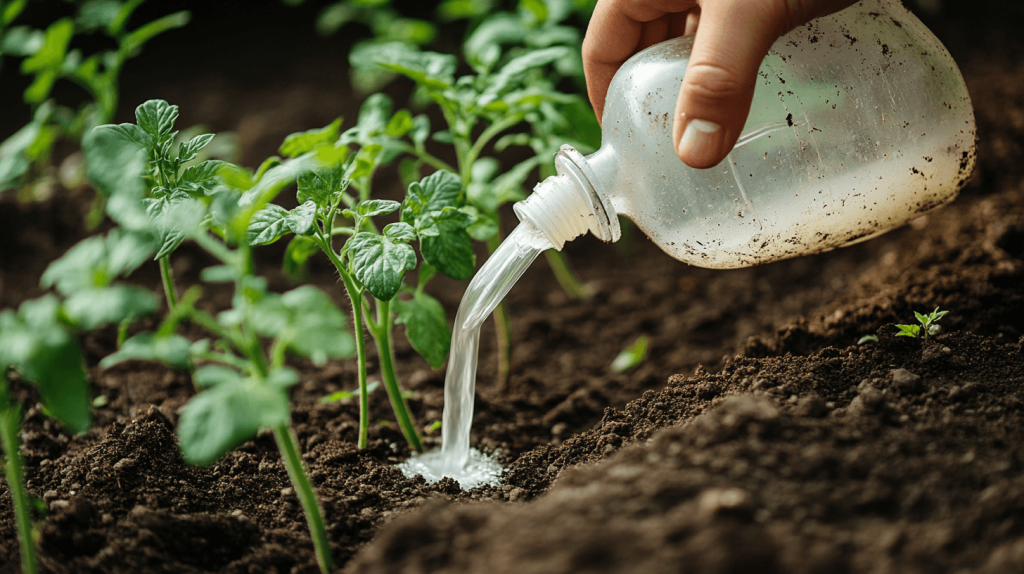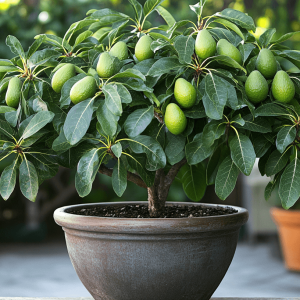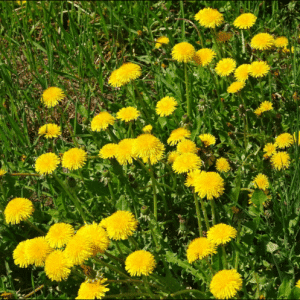
For gardeners seeking a natural and effective fertilizer to boost the growth of cucumbers and tomatoes, a simple yet powerful solution is homemade yeast water. This mixture not only promotes rapid growth but also enhances overall plant health. Here’s a detailed guide on how to prepare and use yeast water as a fertilizer, along with its benefits and application tips.

Why Use Yeast Water?
Yeast water is a natural fertilizer that leverages the fermentation process to enrich the soil with essential nutrients. Yeast contains beneficial microorganisms that help break down organic matter, releasing nutrients that plants can readily absorb. This method provides several advantages:
- Nutrient Enrichment: Yeast water introduces essential nutrients, including potassium and phosphorus, which are vital for plant growth.
- Microbial Boost: The beneficial microorganisms in yeast water help improve soil health and promote a robust root system.
- Rapid Growth: Regular application can lead to faster growth rates and higher yields for cucumbers, tomatoes, and other plants.
- Eco-Friendly: Using yeast water reduces reliance on synthetic fertilizers and supports sustainable gardening practices.
Ingredients and Preparation
Ingredients:
- 1 tablespoon of active dry yeast
- 1 tablespoon of sugar
- 1 liter of warm water
Instructions:
- Dissolve the Sugar: Start by dissolving the sugar in warm water. The sugar acts as food for the yeast, promoting fermentation.
- Add the Yeast: Sprinkle the active dry yeast into the warm sugar water. Stir well to ensure the yeast is evenly distributed.
- Ferment: Allow the mixture to sit at room temperature for 24-48 hours. During this period, the yeast will ferment the mixture, creating a bubbly, frothy solution. Stir occasionally to help the fermentation process.
- Strain (Optional): After fermentation, you may strain the mixture to remove any remaining yeast solids, although this step is optional.
Application
- Dilute the Yeast Water: Before applying, dilute the fermented yeast water with regular water. The recommended ratio is 1 part yeast water to 10 parts water. This dilution prevents over-fertilization and ensures the nutrients are delivered effectively.
- Water the Plants: Apply the diluted yeast water to the base of your plants, focusing on the root zone. Avoid getting the solution on the leaves to prevent potential fungal growth.
- Frequency of Application: Use the diluted yeast water once every two weeks during the growing season. This regular application supports ongoing plant health and growth.

Benefits for Cucumbers and Tomatoes
Cucumbers:
- Rapid Growth: Cucumbers are known for their fast growth, and yeast water helps accelerate this process by providing essential nutrients.
- Improved Yields: Regular use can lead to a higher yield of cucumbers, ensuring a bountiful harvest.
- Disease Resistance: The beneficial microorganisms in yeast water can help boost the plant’s natural defenses against diseases.
Tomatoes:
- Enhanced Fruit Production: Tomatoes benefit from the potassium and phosphorus in yeast water, which support better fruit development and higher yields.
- Stronger Plants: A healthy root system, stimulated by yeast water, results in stronger, more resilient tomato plants.
- Faster Ripening: The added nutrients can lead to quicker fruit ripening and more vibrant tomato color.
Precautions and Tips
- Avoid Over-Application: While yeast water is beneficial, excessive use can lead to nutrient imbalances. Stick to the recommended application frequency and dilution ratio.
- Monitor Plant Response: Pay attention to how your plants respond to the yeast water. If you notice any adverse effects, reduce the frequency or concentration.
- Storage: Store any unused yeast water in a sealed container in a cool, dark place. Use it within a few weeks for the best results.
- Compatibility: Yeast water is suitable for many plants, but always test it on a small portion of your garden first to ensure compatibility.

Conclusion
Yeast water is a simple yet effective homemade fertilizer that can significantly benefit cucumbers, tomatoes, and other plants. By harnessing the power of fermentation, you can provide your garden with essential nutrients, promote rapid growth, and support overall plant health. With proper preparation and application, yeast water can become a valuable addition to your gardening routine, helping you achieve a lush and productive garden. Happy gardening! 🌱🍅🥒






